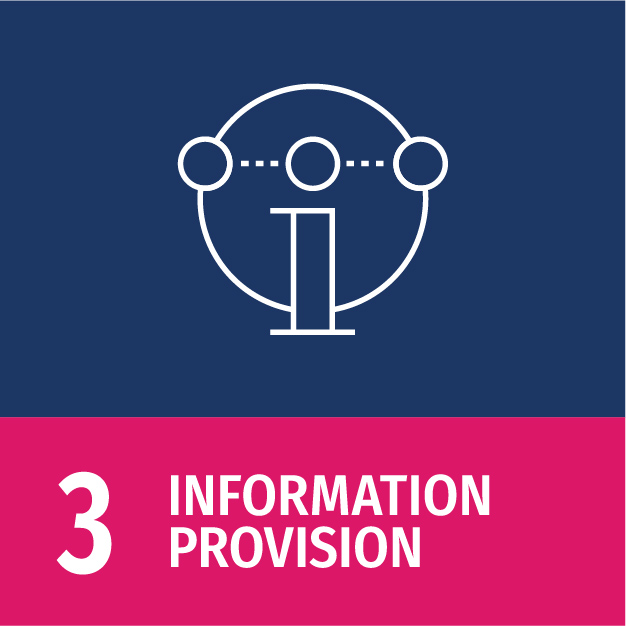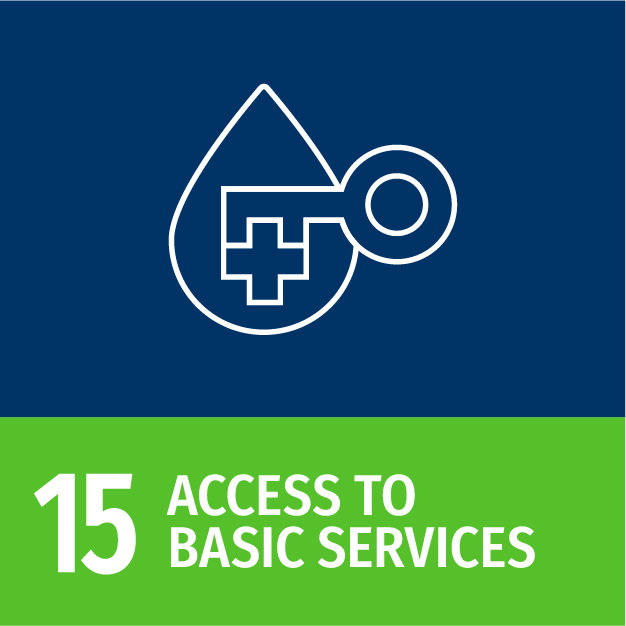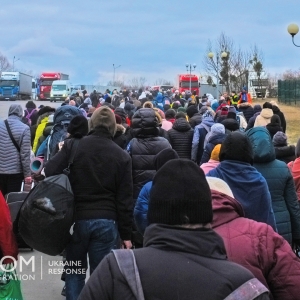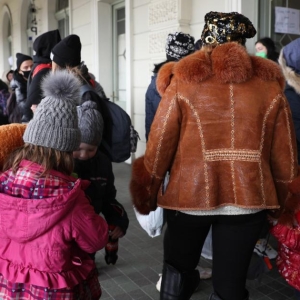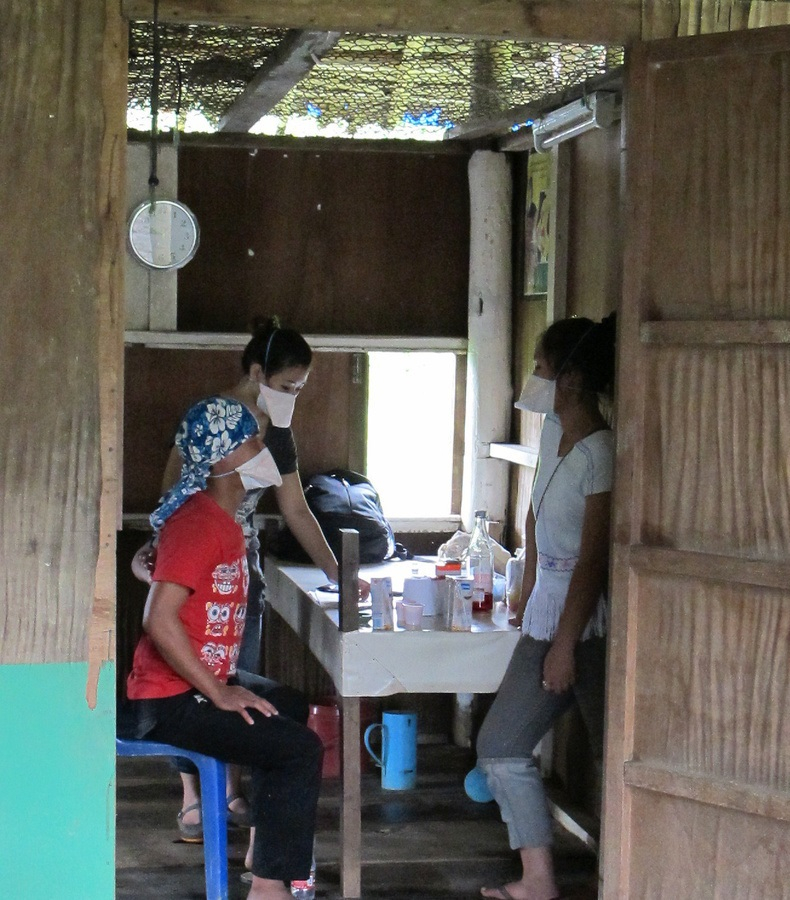
Measuring the effectiveness of non-pharmaceutical interventions during the COVID-19 pandemic in China, using location data from Baidu
Summary
This innovative data project measured the effectiveness of non-pharmaceutical interventions (NPIs) in response to the COVID-19 pandemic across China. It simulated different outbreak scenarios based on daily travel networks, considering aspects such as inter-city and inner-city movements, contact patterns, and timeliness of disease reporting. The used data was provided by the Chinese search engine Baidu, comprising anonymised location data of over 7 billion positioning requests per day.
Results
The main results of this study demonstrated that combined NPIs substantially reduce COVID-19 transmissions across China. The study estimated at total of 114,325 COVID-19 cases in mainland china as of February 29, 2020 - without any NPIs, this number of cases would likely have been increase to 67 times as much. Specifically, the early detection and isolation of cases were estimated to have prevented more infections than travel restrictions and contact reductions; yet, combined NPIs achieved the strongest and most rapid effect. Overall, this innovative data project underlines the valuable contribution that data derived from private sector organisations can make to meeting global challenges such as the COVID-19 pandemic, and to better understand phenomena related to human mobility. This approach can be replicated with other data for various contexts, especially where the use of search engines and internet services have a high penetration.
(Image: © IOM)

